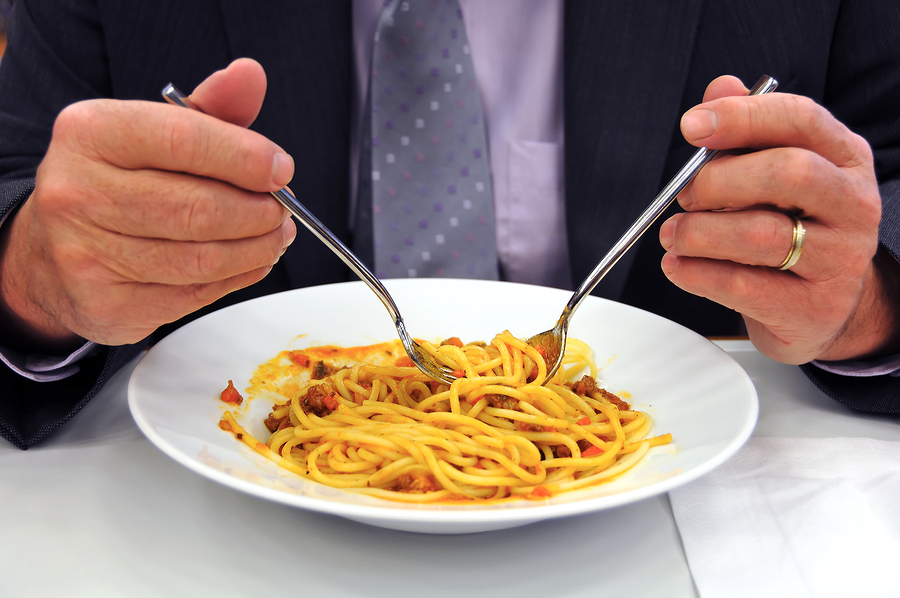
As you provide care for your loved one, one of the main tasks you may have is making sure he eats and eats well. Whether you’re preparing meals for him, have a home care assistance team helping with meal prep, or simply checking up on him to see if he’s eating, it can be distressing to discover he’s not eating. Food and nutrients are an important part of staying healthy and being able to enjoy a quality life, so if you’ve noticed your elderly loved one has slowed his eating habits, here are some reasons why.
A Serious Health Issue
The first thing you’ll want to check out with his doctor is to see if he’s battling a serious health issue, such as cancer, heart failure, or kidney problems to name a few. A chronic health condition can reduce appetite but the bigger concern will be treating that disease and then working on improving appetite.
Loss of Taste, Smell, or Vision
Enjoyment of food comes in many forms. Seeing a beautiful plate of food or a dish that has “comfort” qualities can entice a person to eat. Smelling the aroma of his home care assistance team preparing the food, whether it’s frying onions or baking cookies, can also get him excited to enjoy the final product. And of course, being able to fully taste all of the flavors will keep someone eating what’s placed before him. But many seniors see all of these senses decline, making eating a bit less pleasurable.
Less Need For Calories
If your loved one has become significantly less active, then his body may simply not need the calories he used to need. Your loved one’s energy needs are determined by his body composition, especially the body parts that are not fat, including bones, muscles, and organs, and his level of physical activity. These changes may mean he doesn’t need to eat as large of meals as he used to or fuel up with snacks between meals.
Mental Health Issues
Depression can reduce a person’s desire to eat because of the inability to enjoy it anymore. And while your loved one may not seem depressed to you, even just feeling alone and isolated can create in him less desire to enjoy a meal alone. While depression can be treated, if he’s simply feeling lonely and a bit sad during meals, making sure he has company for at least one meal a day by having someone like yourself or a home care assistance provider join him for a meal, may help him eat better at that meal and maybe the others.
Difficulty Eating
Sometimes eating becomes too much of a challenge for your loved one to want to battle it daily. He might have trouble chewing or swallowing certain foods. If he has arthritis, handling a fork and knife may be painful and frustrating. Some simple food choice changes may help him enjoy each meal again.
Working with your loved one and a nutritionist can help you ensure your loved one is eating what he needs when he should to stay healthy and happy.
If you or an aging loved-one is considering Home Care Assistance in Hollywood, CA please contact the caring staff at Nu Care Inc. today at. 800-505-6890

